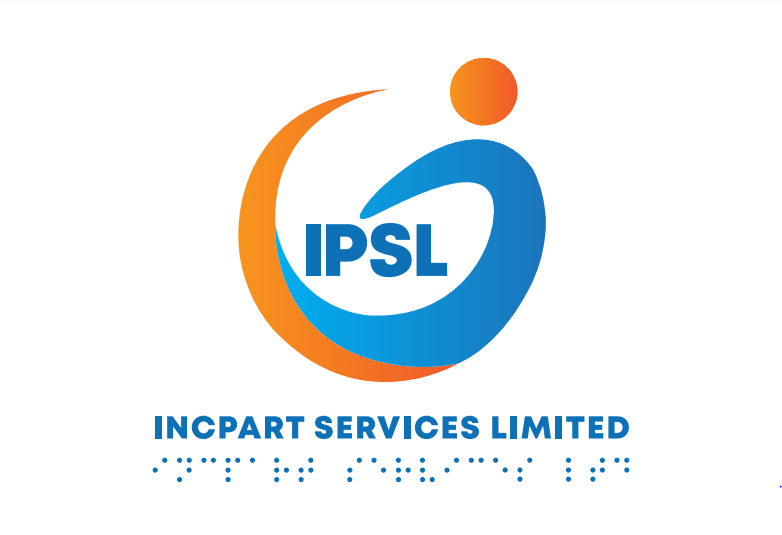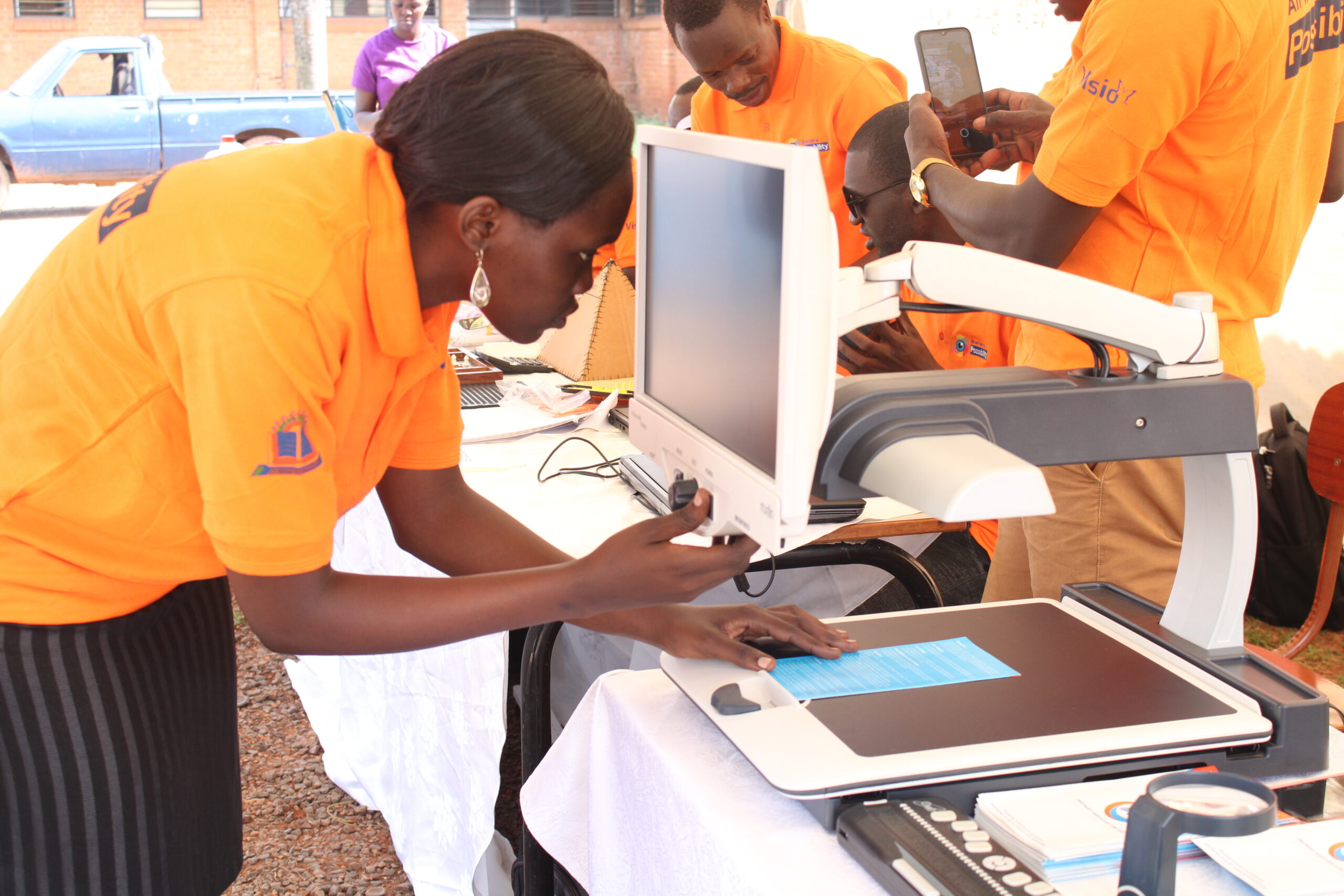Unleashing the power of independence is paramount to improving the lives of individuals with visual impairments. One way to achieve this is by investing in blind assistive technologies. These groundbreaking tools open new doors for blind individuals, enabling them to navigate the world with greater autonomy and confidence. From screen readers that convert text to speech, to advanced navigation systems for mobility, blind assistive technologies empower individuals to take control of their lives, pursue education and employment opportunities, and fully participate in society.
Investing in blind assistive technologies not only enhances the independence of blind individuals but also leads to economic benefits and social inclusion. By providing access to education and employment opportunities, these technologies help break the barriers that often limit blind individuals’ potential. Screen readers and braille displays, for example, enable blind students to access textbooks, digital resources, and online learning platforms. Similarly, navigation aids and GPS systems allow blind individuals to commute safely, explore unfamiliar places, and participate in activities that were previously inaccessible. This increased independence not only improves their quality of life but also contributes to a more inclusive and diverse workforce.
Furthermore, investing in blind assistive technologies demonstrates a commitment to equity and accessibility. Inclusive societies place a high value on ensuring equal opportunities for all. By investing in these technologies, governments and organizations send a powerful message that they prioritize the needs and rights of individuals with disabilities. It is essential to create an environment where blind individuals can live and thrive without encountering unnecessary barriers. The power of independence should not be underestimated, and by investing in blind assistive technologies, we can unlock the potential of countless individuals and foster a more inclusive and equitable society.
In conclusion, investing in blind assistive technologies is both a practical and ethical choice. It empowers blind individuals to live more independent lives, enables economic and social inclusion, and demonstrates a commitment to equity and accessibility. Governments, organizations, and individuals should recognize the transformative impact of these technologies and strive to make them widely available. Only by unleashing the power of independence through blind assistive technologies can we ensure that blind individuals enjoy equal opportunities, fulfill their potential, and participate fully in society.




